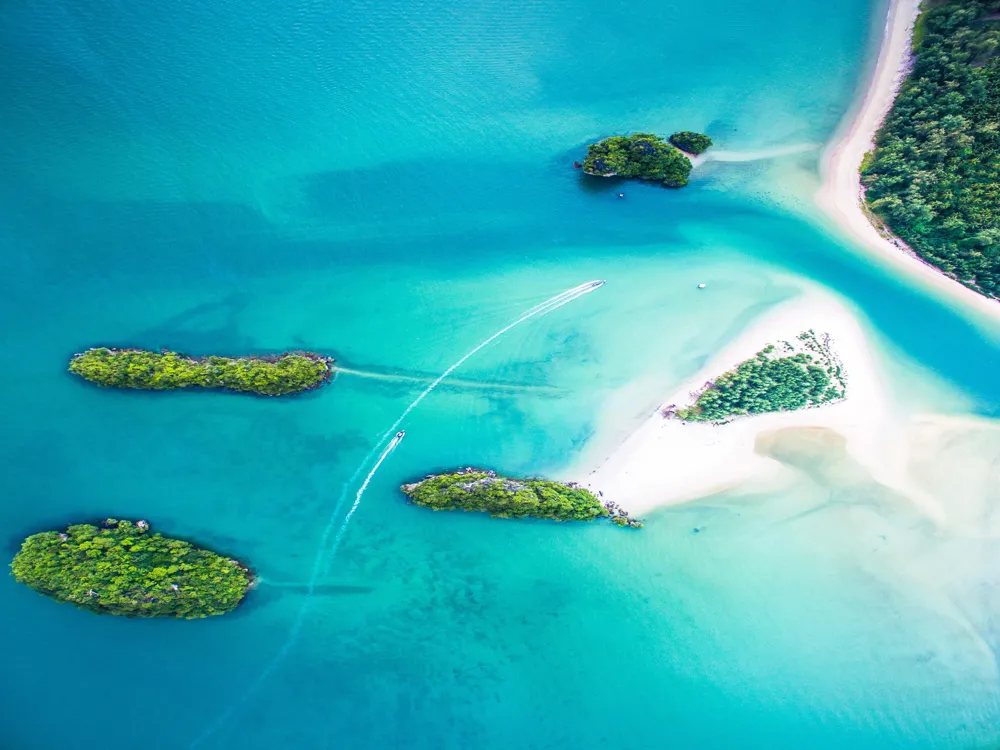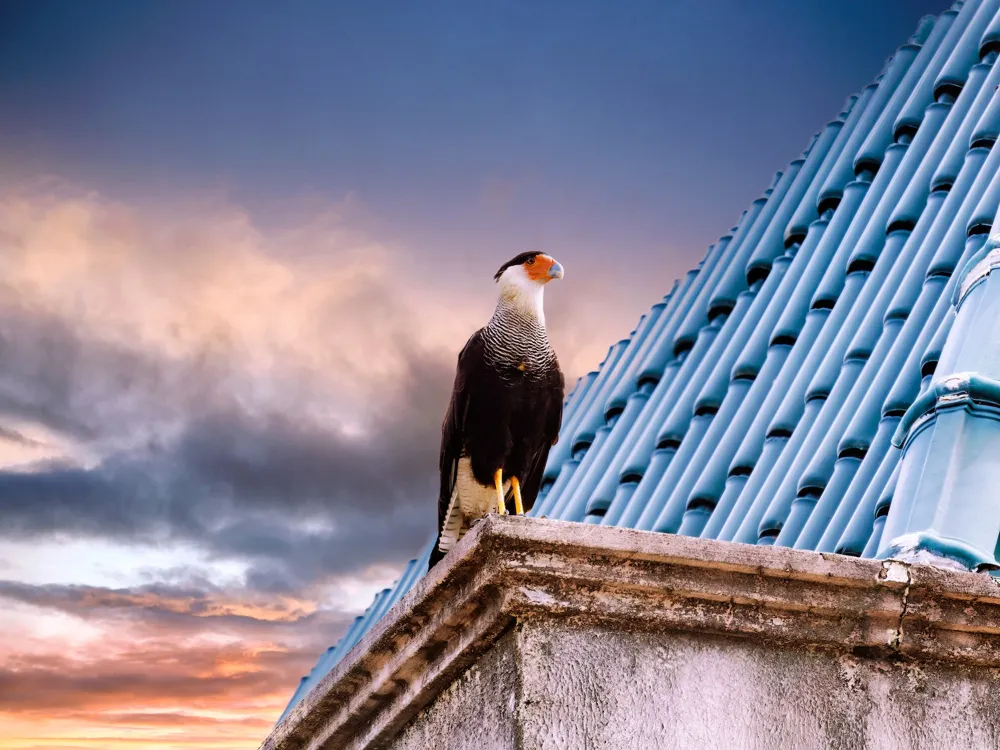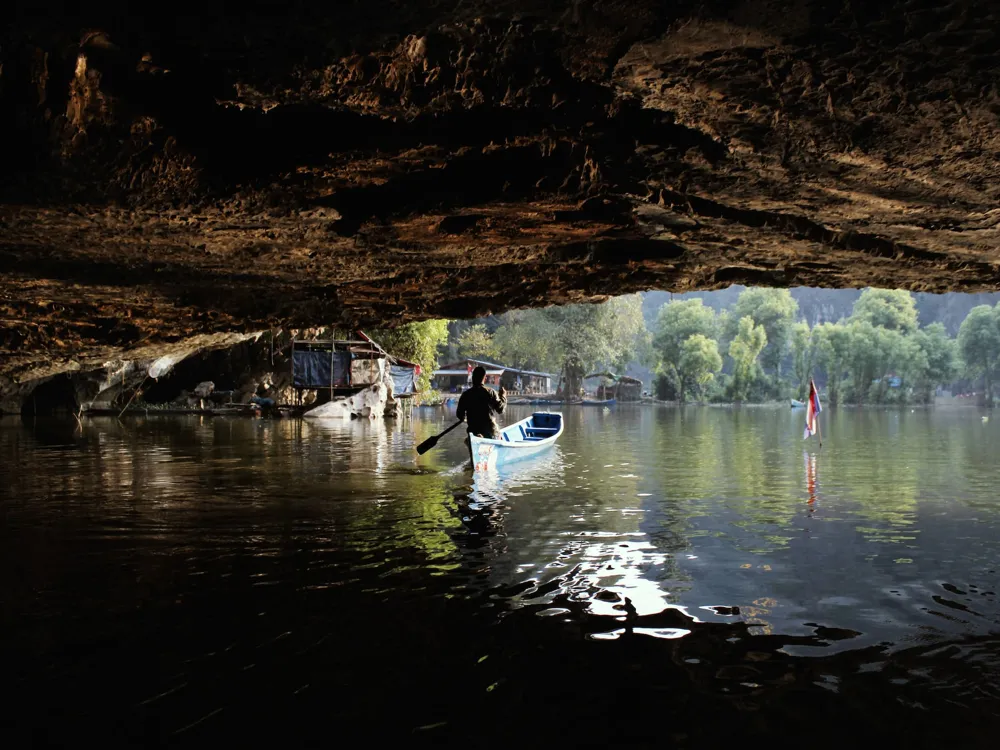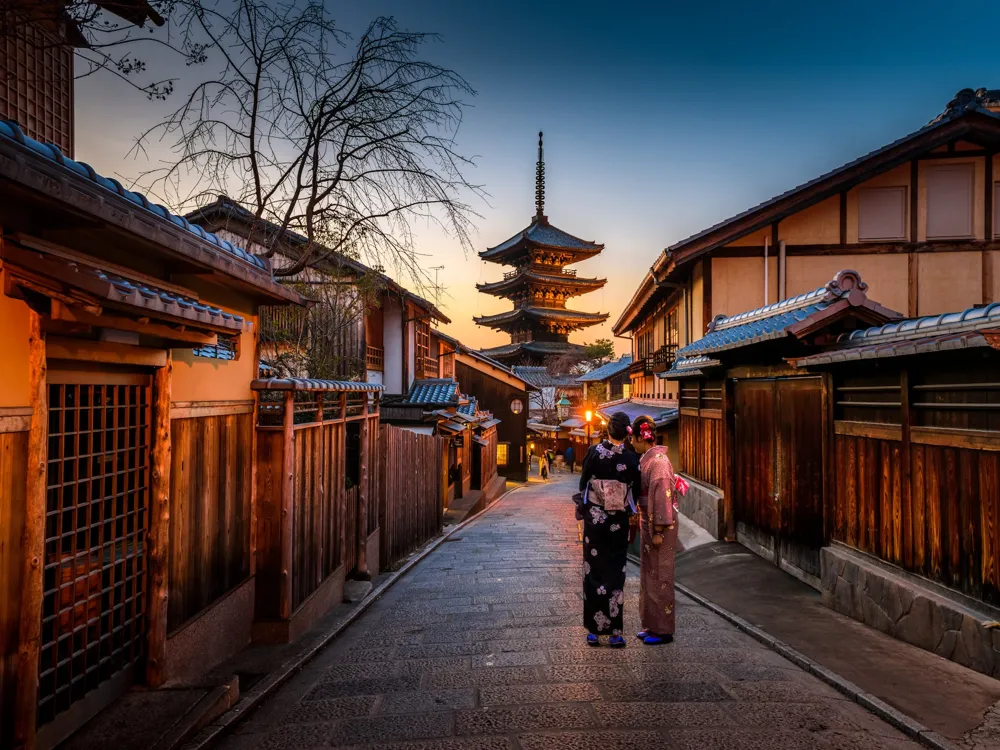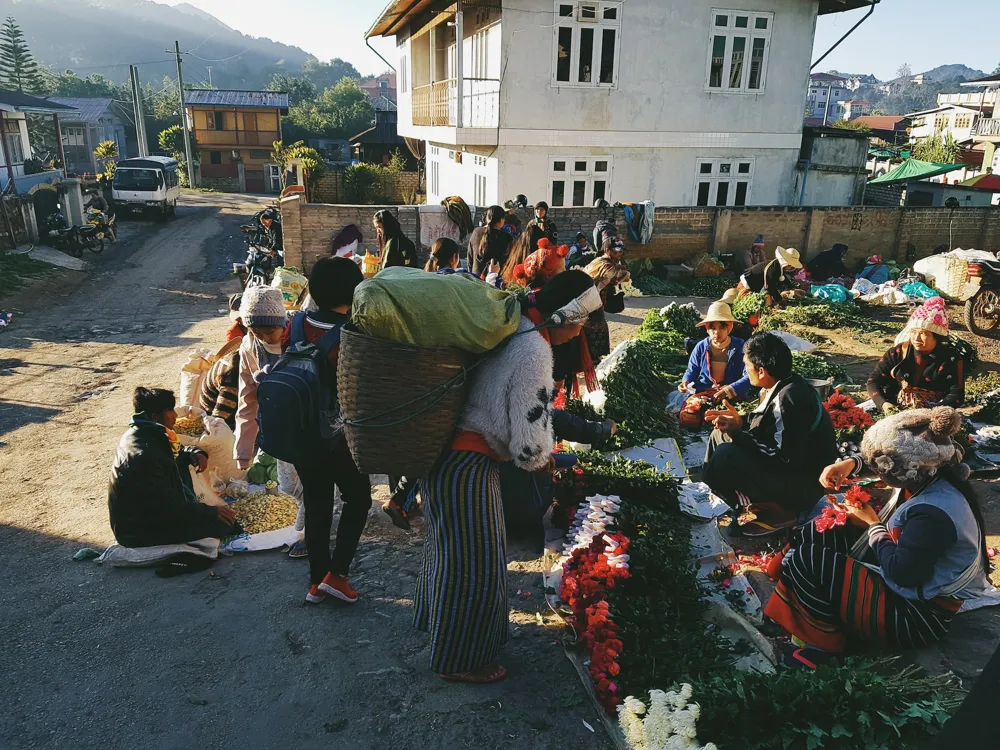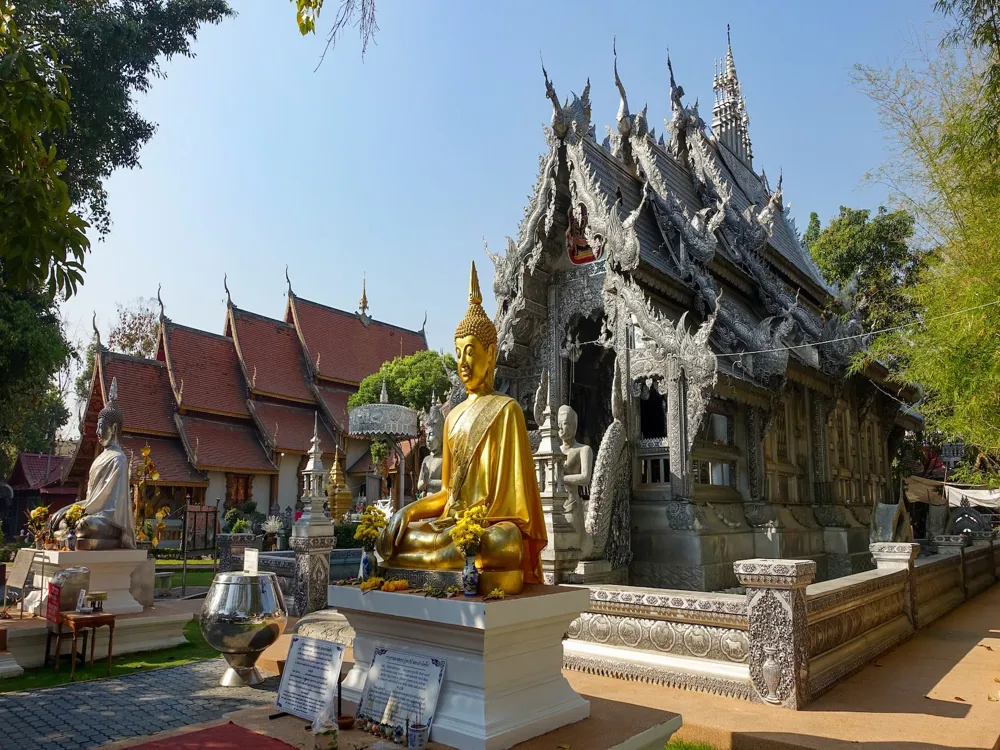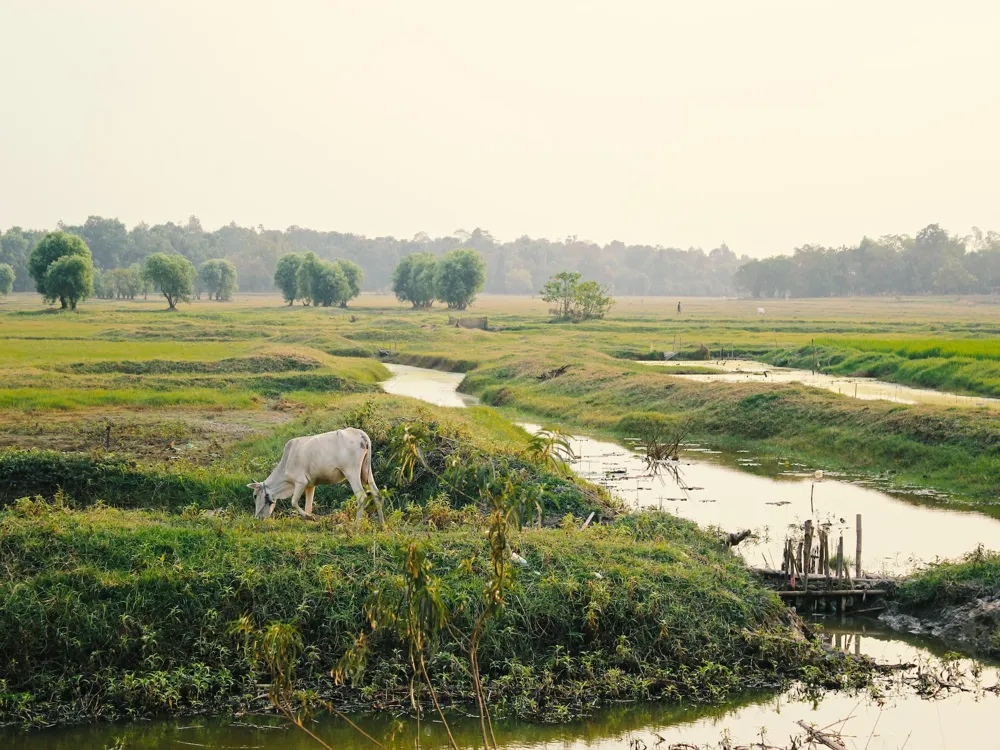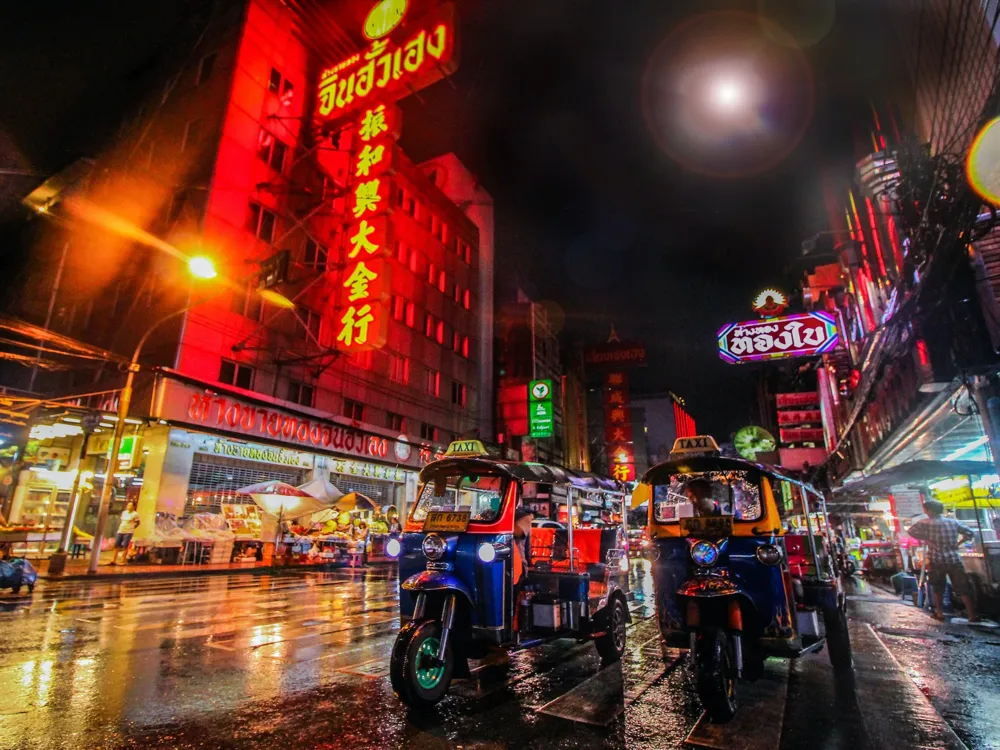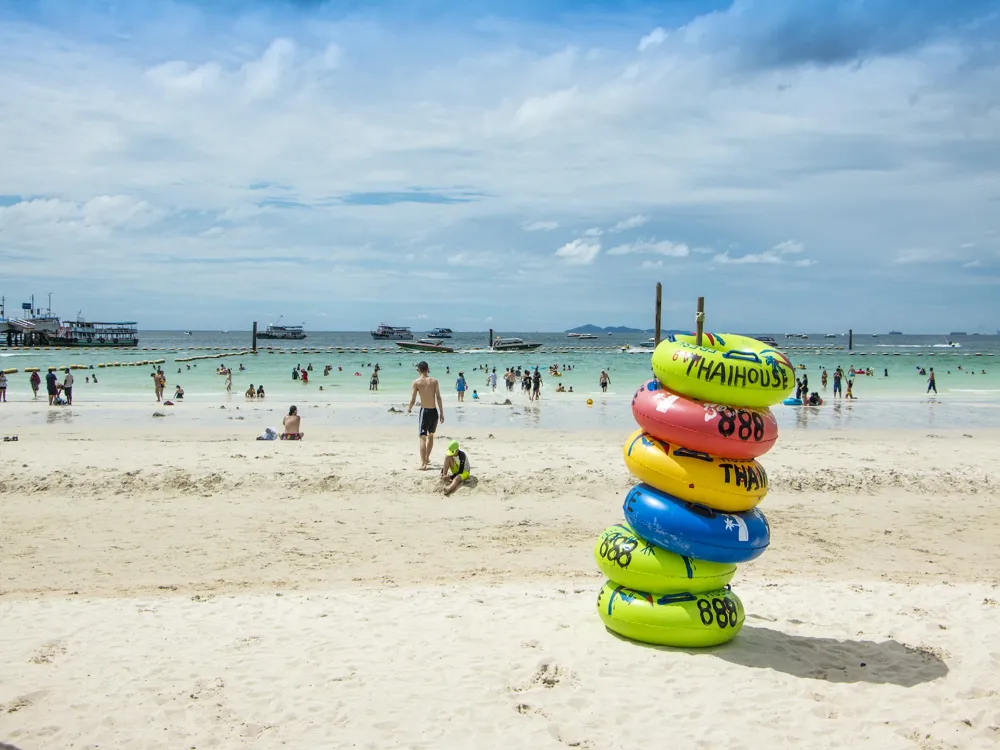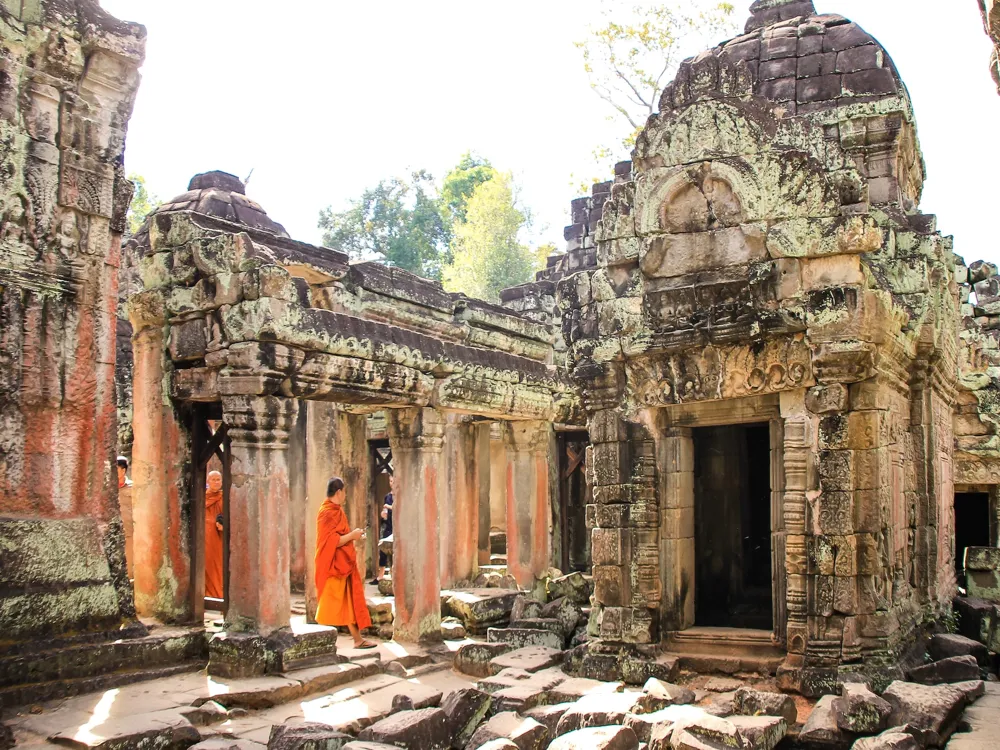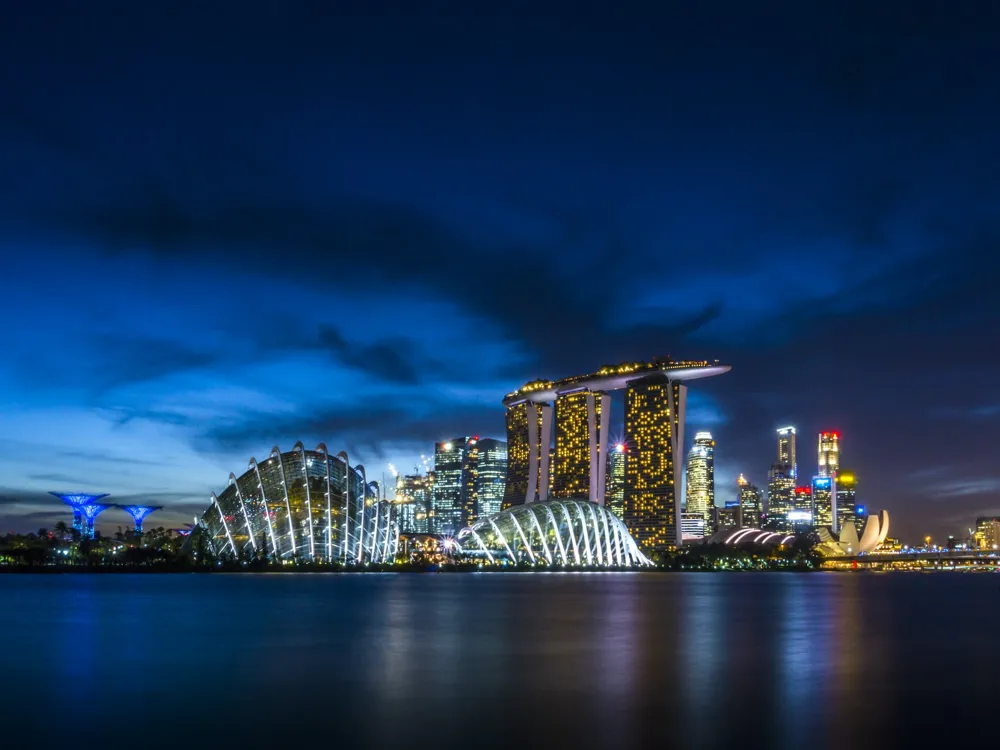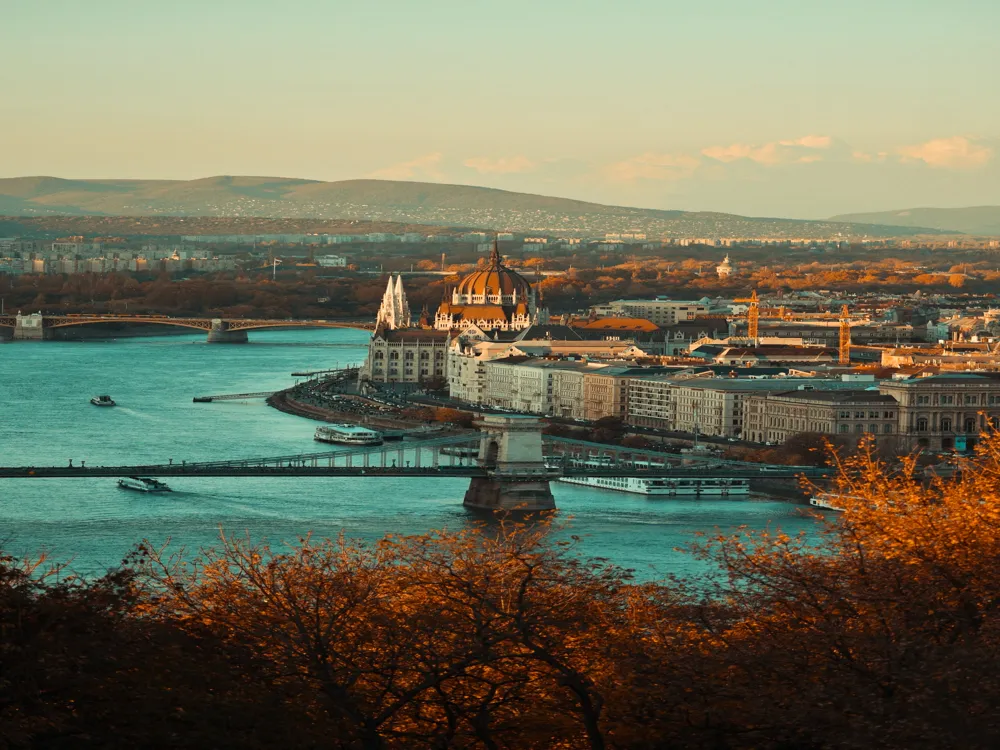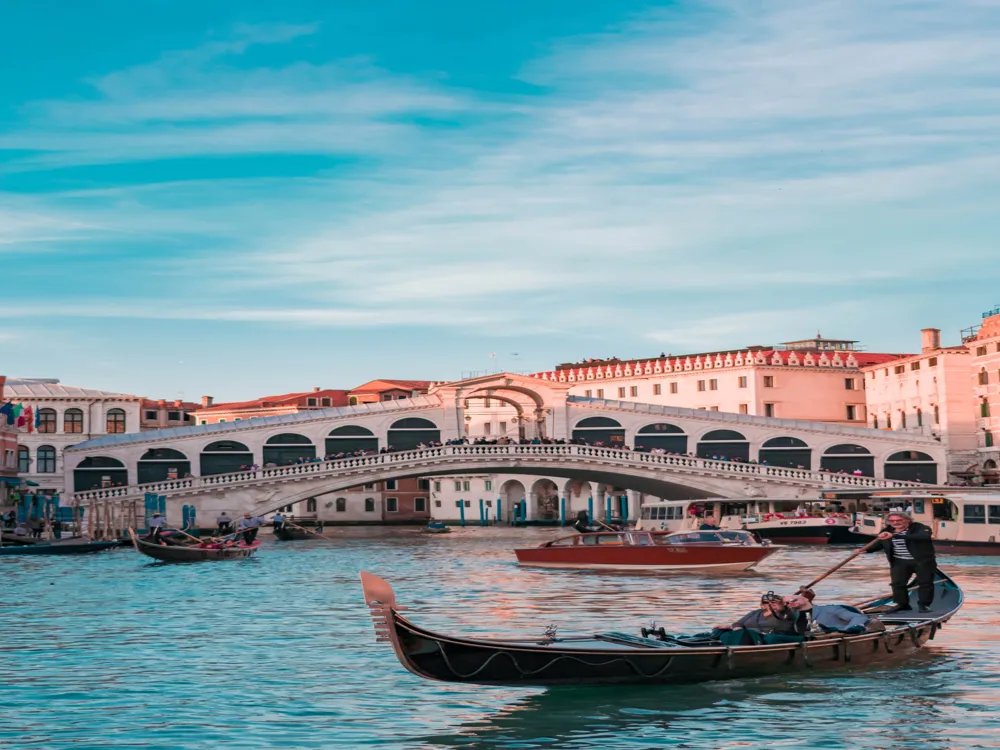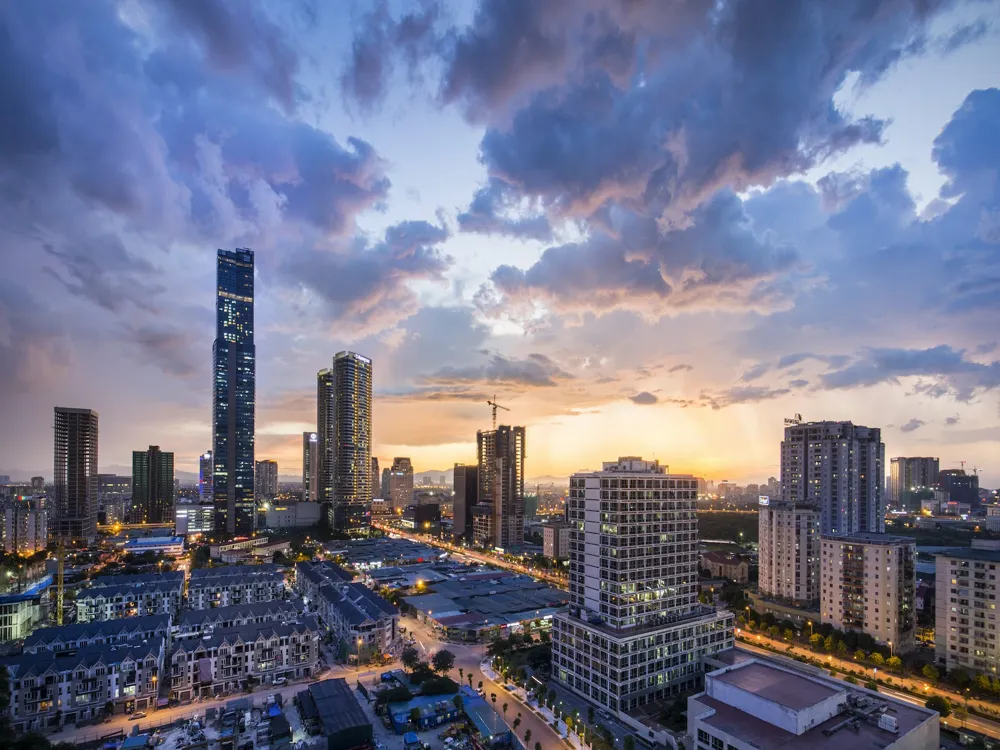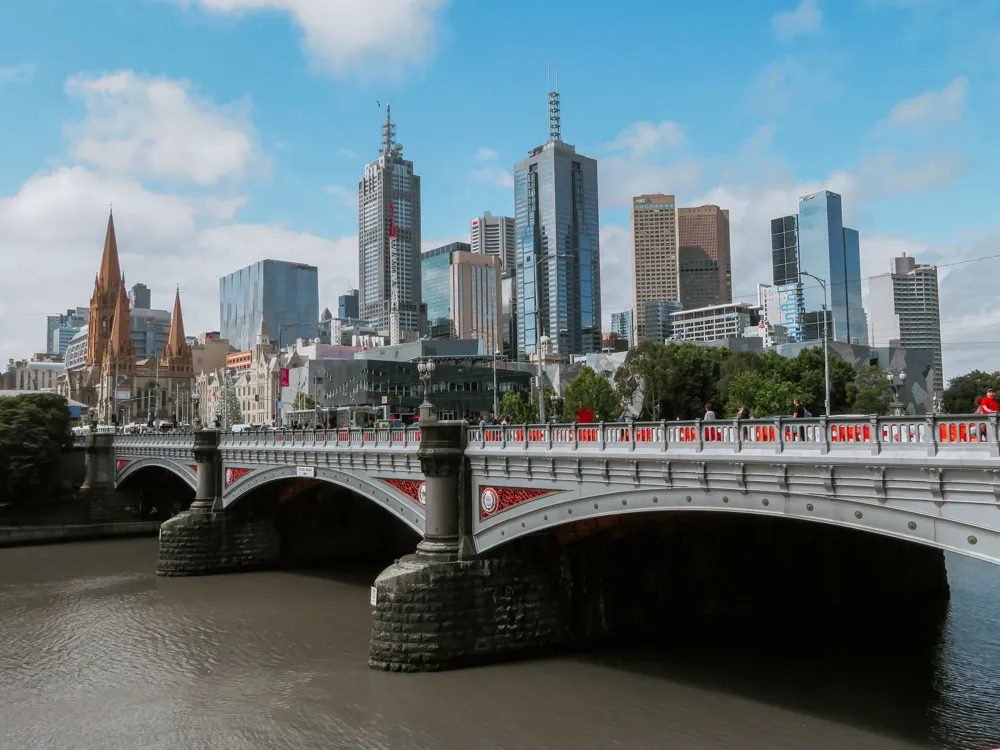Win Sein Taw Ya, the Reclining Buddha of Mawlamyine, is a marvel of religious architecture and one of the most awe-inspiring Buddhist monuments in the world. Located in the Mon State of Myanmar, this colossal statue stretches an impressive 180 meters in length, making it one of the largest Buddha images anywhere. The monument is not just a testament to religious devotion but also a symbol of peace and serenity. This overview aims to delve into the history, significance, and cultural context of Win Sein Taw Ya, offering readers a comprehensive understanding of this magnificent structure.
The construction of Win Sein Taw Ya began in the late 20th century, under the guidance of a revered monk named Win Sein. The project's inception was driven by the monk's vision to create a place of worship that would not only serve as a religious symbol but also as a beacon of peace and learning. The site was carefully chosen for its serene surroundings and proximity to the town of Mawlamyine, once a significant port and cultural hub in British Burma. Over the years, the Reclining Buddha has become a symbol of the resilience and enduring spirit of the Burmese people.
The Win Sein Taw Ya is not just a structure but a cultural landmark that reflects the deep-rooted Buddhist traditions of Myanmar. The Reclining Buddha represents the Buddha at his time of death, or Parinirvana, signifying the moment of reaching Nirvana. This portrayal is a significant icon in Buddhist culture, symbolizing enlightenment, peace, and detachment from worldly desires. The site attracts thousands of pilgrims and tourists yearly, drawn by its spiritual aura and the tranquility it offers.
The Reclining Buddha's architecture is remarkable, blending traditional Buddhist art with modern construction techniques. The structure is adorned with intricate carvings and motifs that depict various scenes from the Buddha's life and teachings. The interior houses a series of chambers, each telling a different part of the Buddha's journey towards enlightenment. These chambers also serve as meditation spaces and exhibit a collection of murals and sculptures that illustrate Buddhist mythology.
The architecture of Win Sein Taw Ya - Reclining Buddha is a fascinating blend of spiritual symbolism and modern engineering. It stands as a testament to the ingenuity and artistry of Myanmar's craftsmen and builders. In this section, we explore the architectural elements, design philosophy, and the intricate details that make up this monumental structure.
The design of Win Sein Taw Ya follows the traditional Buddhist representation of the reclining Buddha, signifying the Buddha's passage into Nirvana. Every aspect of the structure is imbued with symbolism. The Buddha's peaceful face reflects serenity and detachment, while the posture represents spiritual liberation. The scale of the statue itself is a bold statement of devotion and reverence, intended to inspire awe and reflection in the beholder.
The Reclining Buddha is constructed primarily of concrete and brick, materials chosen for their durability and availability. The structure's framework was meticulously engineered to support the massive scale of the Buddha, with careful consideration given to the weight distribution and balance. The exterior is finished with a layer of white paint, enhancing its visibility against the lush green backdrop of the surrounding hills.
The interior of the Reclining Buddha is as impressive as its exterior. A series of chambers run the length of the statue, each adorned with murals and sculptures depicting scenes from the Buddha's life. These artworks are not only visually stunning but also serve an educational purpose, narrating the Buddha's teachings and principles. The chambers are used for meditation and prayer, providing a tranquil environment for spiritual contemplation.
The construction of Win Sein Taw Ya presented significant engineering challenges, particularly concerning its size and weight. Innovative building techniques were employed to ensure the structure's stability and longevity. Reinforced concrete and steel were used in critical areas to provide additional support. The project's success stands as a remarkable achievement in the field of religious architecture, combining traditional aesthetics with modern building principles.
When planning a visit to Win Sein Taw Ya, it's important to consider the weather and local festivals. The best time to visit is between November and February when the weather is cooler and more comfortable. Remember to check the local calendar for any religious events or festivals that might coincide with your visit, as these can be both a highlight and a cause for increased crowds.
As a religious site, respectful attire is required. Visitors should wear clothing that covers their shoulders and knees. It's also customary to remove shoes before entering the temple areas. Be mindful of the local customs and show respect to the monks and worshippers you may encounter.
The interior chambers of the Reclining Buddha are a must-see. Take your time to explore these spaces, but remember to maintain a quiet and respectful demeanor. Photography is allowed, but use your camera respectfully and avoid using flash inside the chambers.
Myanmar's climate can be hot, so staying hydrated is crucial. Carry water with you and take regular breaks in shaded areas. Sun protection, including sunscreen and hats, is also recommended, especially if you plan to explore the outdoor areas extensively.
Reaching Win Sein Taw Ya is relatively straightforward, with several options available depending on your starting location and preference. Whether you choose to travel by bus, car, or even as part of a guided tour, the journey to this iconic site is part of the experience, offering glimpses of Myanmar's beautiful landscapes and vibrant culture.
Buses and local transport services are available from major cities like Yangon and Mandalay. These are cost-effective options but may require some planning in terms of schedules and connecting services. Local buses offer a more authentic travel experience and the opportunity to interact with locals.
Hiring a private vehicle or taxi offers more flexibility and comfort. This option is ideal for those who prefer a more relaxed journey or are traveling in groups. Be sure to negotiate the fare in advance and confirm the details of your trip, including return arrangements.
For those who prefer a structured experience, guided tours are available. These tours often include transportation, a guided visit to the Reclining Buddha, and insights into the history and culture of the area. This is a great way to gain a deeper understanding of the site and its significance.
Regardless of how you choose to travel, it's advisable to start your journey early to avoid the heat of the day. Always carry local currency, as not all places may accept credit cards. Lastly, be prepared for rural road conditions and plan for a journey that may take longer than expected.
Overview of Win Sein Taw Ya - Reclining Buddha of Mawlamyine
Historical Background
Cultural Significance
Architectural Features
Architecture of Win Sein Taw Ya - Reclining Buddha
Design Philosophy and Symbolism
Structural Composition and Materials
Interior Chambers and Artwork
Engineering Challenges and Innovations
Tips When Visiting Win Sein Taw Ya - Reclining Buddha
Planning Your Visit
Dress Code and Etiquette
Exploring the Interior Chambers
Staying Hydrated and Sun Protection
How To Reach Win Sein Taw Ya - Reclining Buddha
By Public Transportation
By Private Vehicle or Taxi
Guided Tours
Travel Tips
Win Sein Taw Ya - Reclining Buddha
Mawlamyine
NaN onwards
View mawlamyine Packages
Weather :
Tags : Buddhist Temple
Opening hours : 7:30 AM - 5:00 PM
Ticket details : MMK 5000 for foreign tourists.
Planning a Trip? Ask Your Question
Mawlamyine Travel Packages
View All Packages For Mawlamyine
Top Hotel Collections for Mawlamyine

Private Pool

Luxury Hotels

5-Star Hotels

Pet Friendly
Top Hotels Near Mawlamyine
Other Top Ranking Places In Mawlamyine
View All Places To Visit In mawlamyine
View mawlamyine Packages
Weather :
Tags : Buddhist Temple
Opening hours : 7:30 AM - 5:00 PM
Ticket details : MMK 5000 for foreign tourists.
Planning a Trip? Ask Your Question
Mawlamyine Travel Packages
View All Packages For Mawlamyine
Top Hotel Collections for Mawlamyine

Private Pool

Luxury Hotels

5-Star Hotels

Pet Friendly







